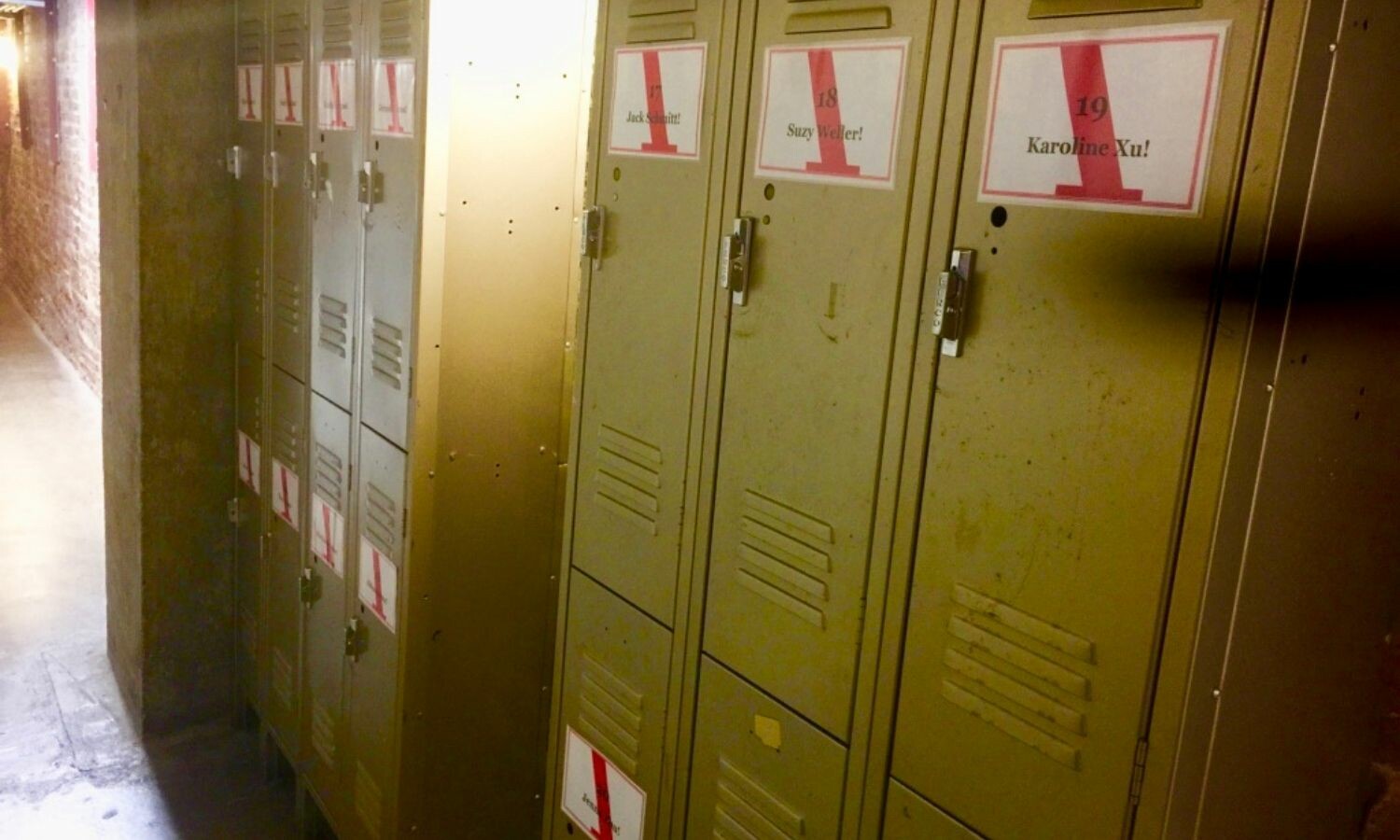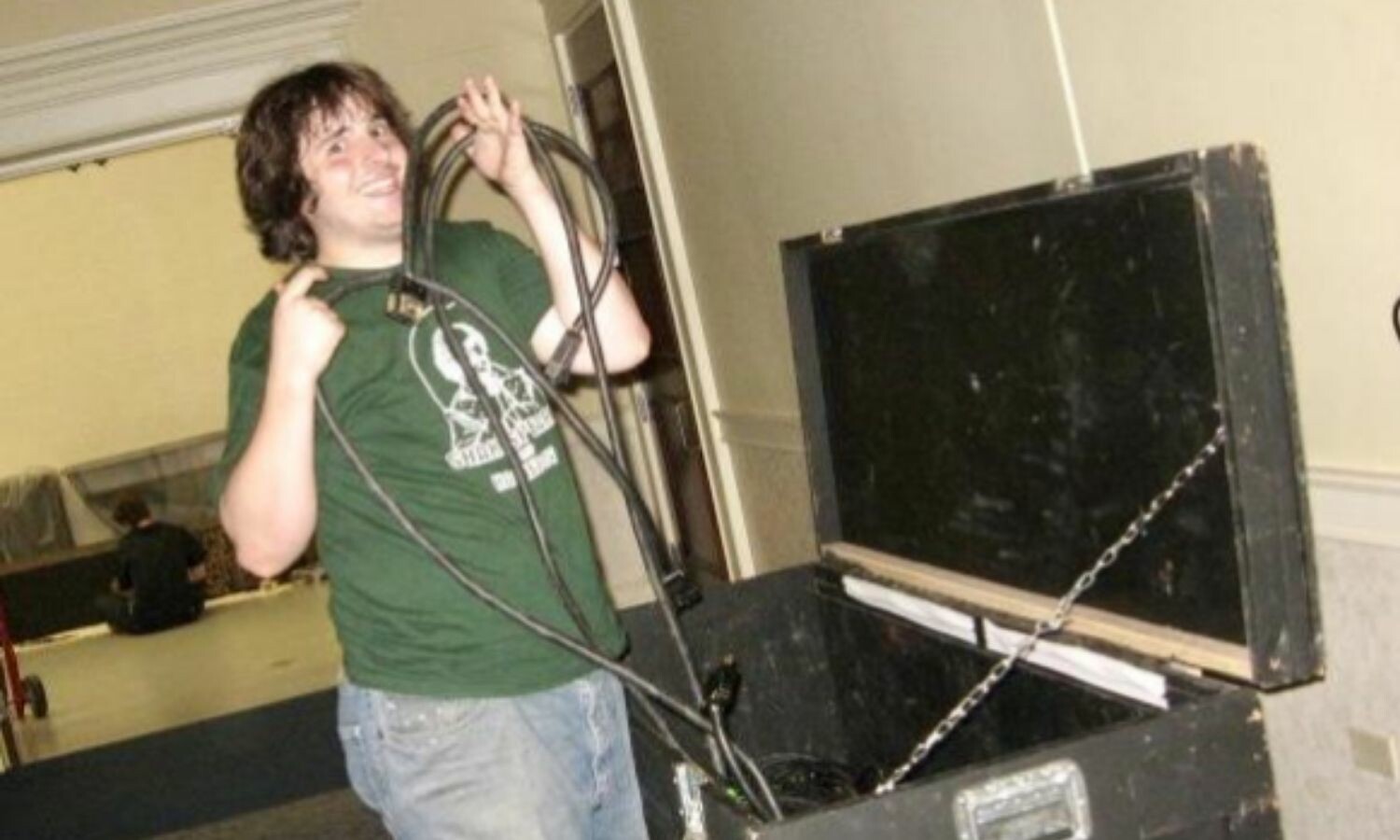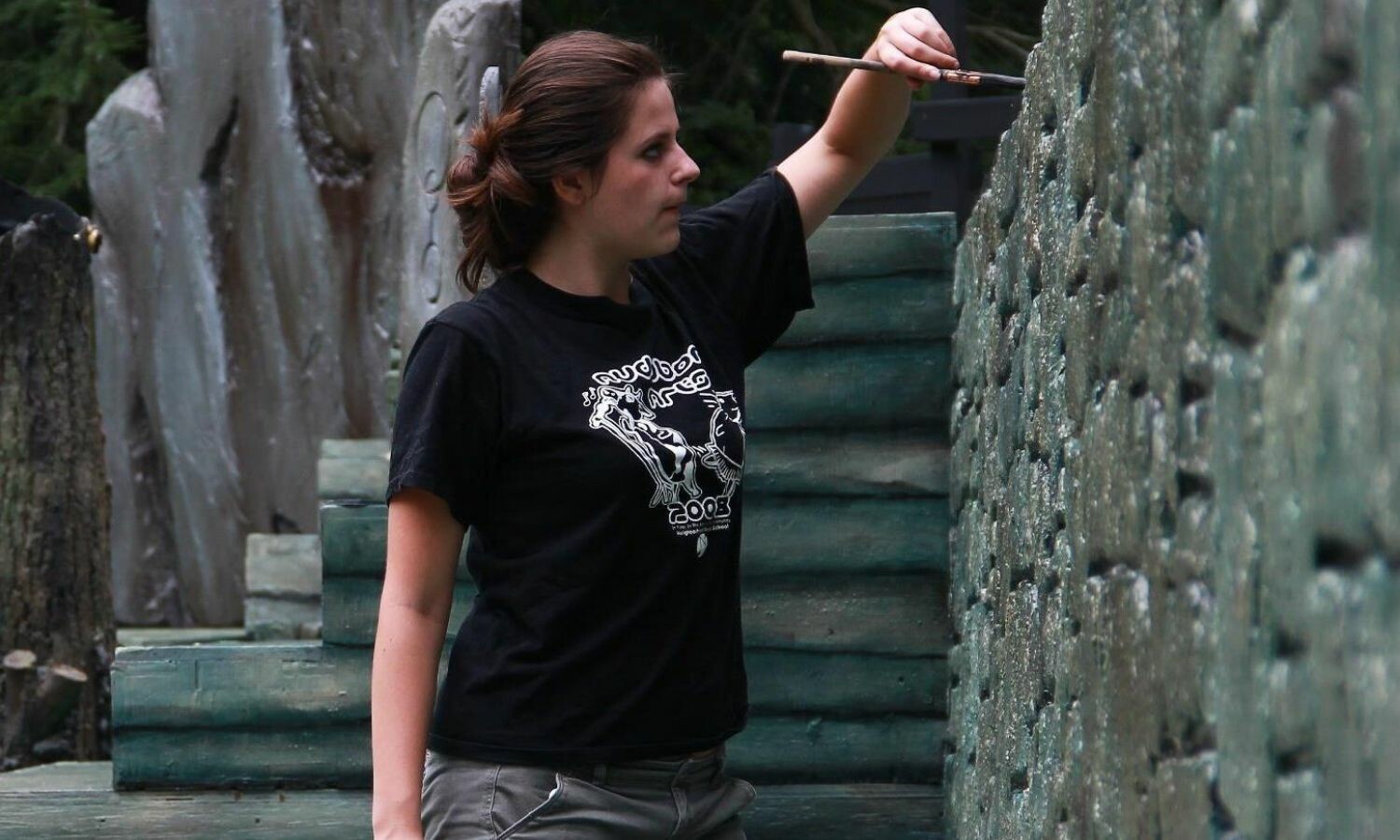Ten. That is the combined number of internships we—Michael and Ashley—have completed. Michael worked five internships that spanned three theatre companies—at two he interned twice in different departments—and landed a full-time job where he spent six years. Ashley began interning at outdoor Shakespeare performances during summers in high school, and a post-graduate internship at a New York theatre festival introduced her to many of her future collaborators in the city. These experiences showed us what we wanted (or forcefully did not want) our professional lives to look like and taught us the necessary skills to pursue careers in theatre. As interns, we’ve met lifelong friends and had transformative artistic experiences. We’re examples of internships doing what they’re designed to do: provide emerging artists with the experiences, training, collaborators, and mentors that will prepare them for fulfilling careers.
We’re also the epitome of internships privileging privilege. None of our professional training experiences paid us a livable wage, and most did not pay at all. At the start of our professional careers, internships often required interns to relocate, although theatres often failed to provide housing or charged their interns for room and board. Plus, demanding schedules often prevented interns from seeking outside employment during their internship. These pay-to-play working conditions actively marginalized many qualified early-career theatremakers, which stripped away the potential for the internships to serve as true incubators for a new generation of theatre professionals. And then we wonder why the field skews so white and male today.
This is deeply problematic. So problematic, in fact, that one of the theatres Michael interned for has recently eliminated their entire internship program. The initiative had been an essential part of the theatre’s creative mission for over forty years. Although no public explanation was given for the program’s dissolution, it seemed like the theatre wanted to drop internships that checked too many boxes on the “inequitable professional training initiative” report card. Most of their interns relocated (check!) to a city where they received no housing (check!) and spent nine months working long hours (check!) for only $5000 total (check!). Perhaps the theatre realized they could not afford to create adequate working conditions for their interns and made the difficult decision to dissolve the program. That theatre is not alone in their choice: there is a larger national trend towards the elimination of professional development programs in regional theatres.














Comments
The article is just the start of the conversation—we want to know what you think about this subject, too! HowlRound is a space for knowledge-sharing, and we welcome spirited, thoughtful, and on-topic dialogue. Find our full comments policy here